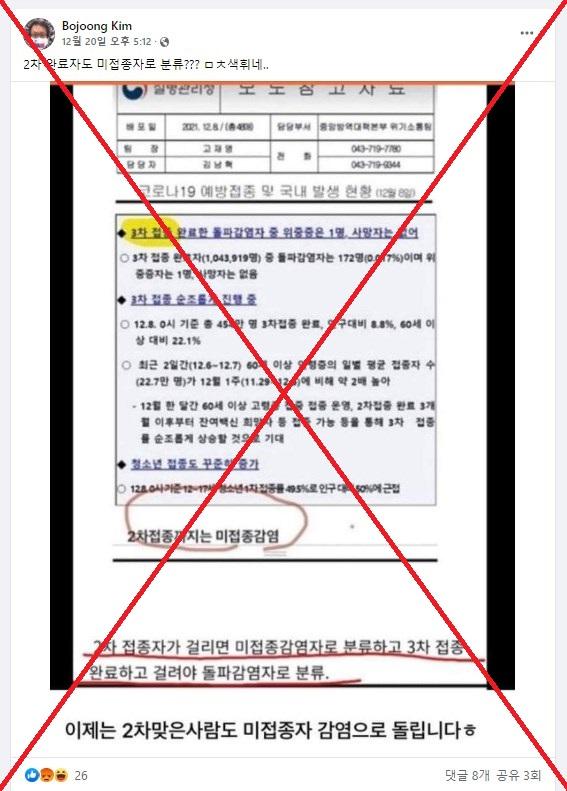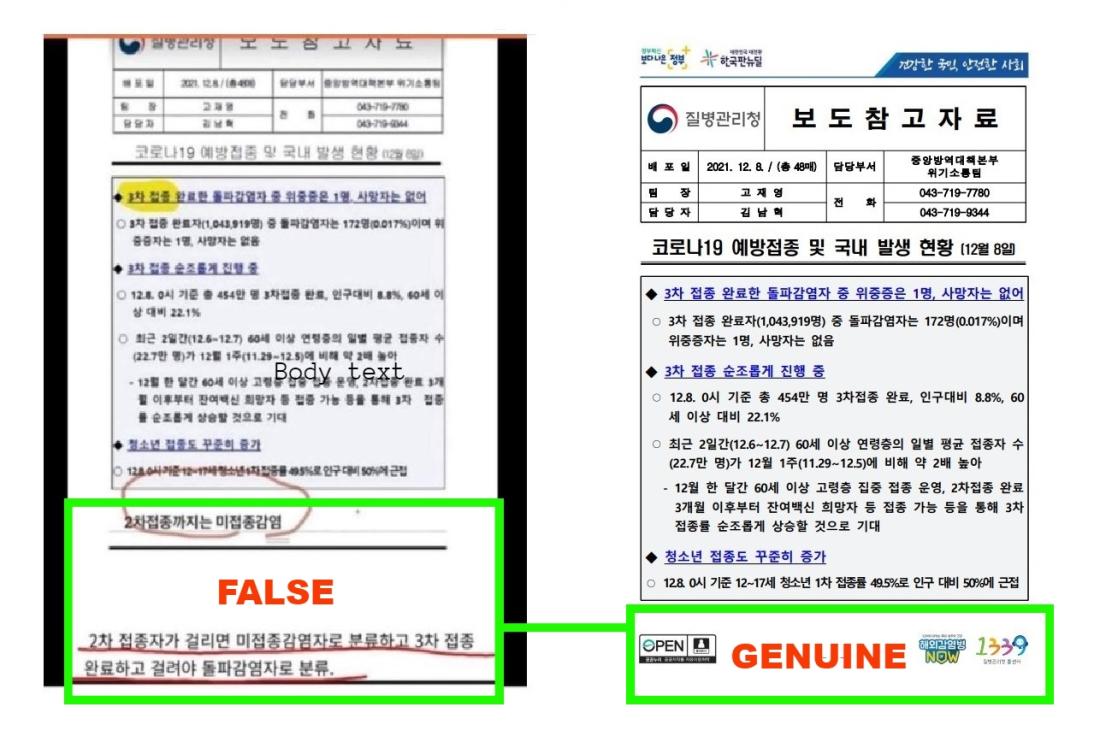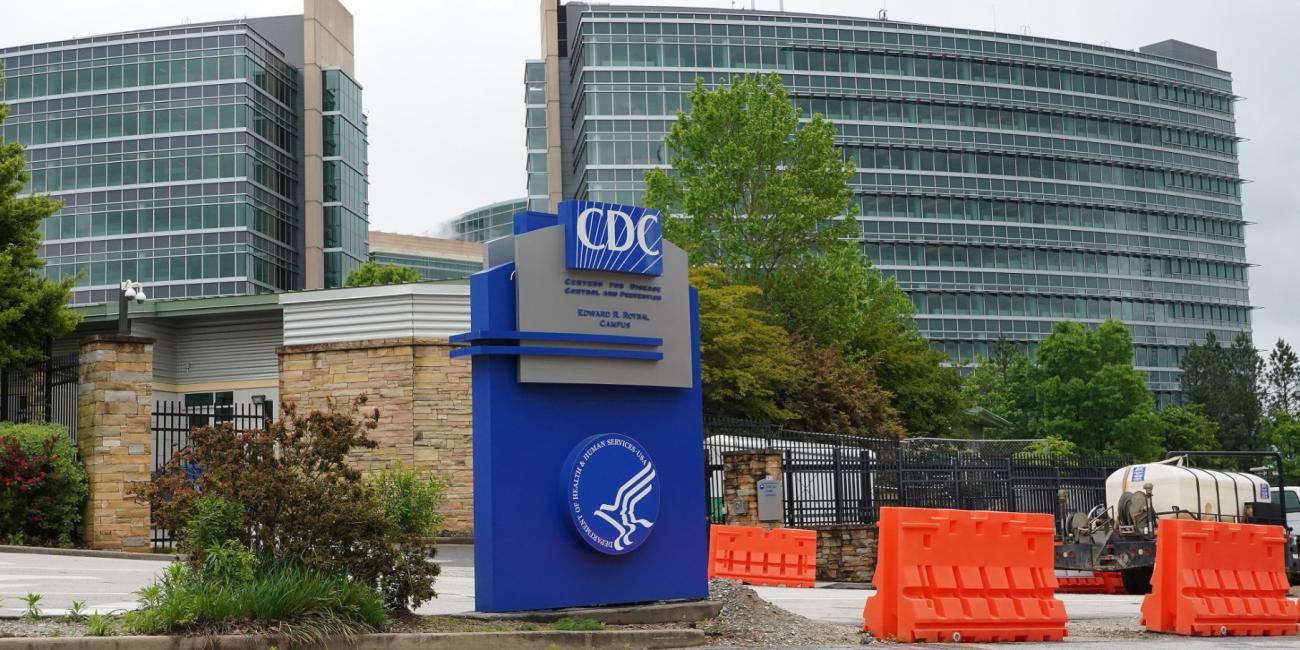
South Korea does not count Covid cases in double-jabbed as 'unvaccinated infections'
- This article is more than four years old.
- Published on January 5, 2022 at 09:20
- 2 min read
- By SHIM Kyu-Seok, AFP South Korea
"Now people who received their second [vaccine dose] are classified as unvaccinated infections," reads a Korean-language Facebook post shared on December 20, 2021.

The post purports to show a screenshot of a press release from the Korea Disease Control and Prevention Agency (KDCA).
Text circled in red says: "Up to second dose [classified as] unvaccinated infection."
Text underlined in red at the bottom of the statement reads: "If a person who has received the second dose is infected, they are classified as an unvaccinated infection. Only those infected after completing their third dose are classified as breakthrough infections."
Text highlighted in yellow reads: "One severe case among breakthrough infections for those who completed their third vaccine dose, no deaths."
Multiple Facebook posts shared the same screenshot alongside a similar claim here, here, here and here.
Record infections
South Korea is administering the Pfizer-BioNTech, Moderna and AstraZeneca vaccines — which require two doses — and the Janssen vaccine, which requires a single dose.
On October 5, 2021, the government rolled out booster shots, which are third jabs for those who received the Pfizer-BioNTech, Moderna and AstraZeneca vaccines and second jabs for those who got the Janssen shot.
South Korea urged those eligible for booster jabs to get them as soon as possible as it reimposed coronavirus restrictions in December 2021 to tackle a record surge in infections.
However, the claim circulating on Facebook is false.
The screenshot shared online was taken from a KDCA press release on December 8, 2021.
It reported 172 breakthrough infection cases among 1,043,919 people who received a third (booster) jab.
Below is a screenshot comparison of the graphic shared in the misleading post (L) and the original KDCA press release (R), with differences highlighted by AFP:

The original press release does not contains the two phrases added at the bottom of the purported document: "Up to second dose [classified as] unvaccinated infection" and "If a person who received their second dose is infected, they are classified as an unvaccinated infection. Only those infected after completing their third dose are classified as breakthrough infections."
The press release does contain the phrase highlighted in yellow: "One severe case among breakthrough infections for those who completed their third vaccine dose, no deaths."
A KDCA spokesperson said it was not true that people were classed as "unvaccinated infections" if they caught Covid-19 but had not received a booster shot.
"Infections that occur among people who have received their second shot of the Pfizer, Moderna and AstraZeneca vaccine, or a single dose of the Janssen vaccine, are classified as breakthrough infections," the spokesperson told AFP.
"As long as the infections occur 14 days following the completion of these vaccinations, we can call these breakthrough infections, not unvaccinated infections."
Vaccine passports — which allow South Koreans to enter places such as restaurants and cafes — are valid for 180 days following a second dose until a booster jab has been administered, the spokesperson said.
Copyright © AFP 2017-2026. Any commercial use of this content requires a subscription. Click here to find out more.
Is there content that you would like AFP to fact-check? Get in touch.
Contact us




